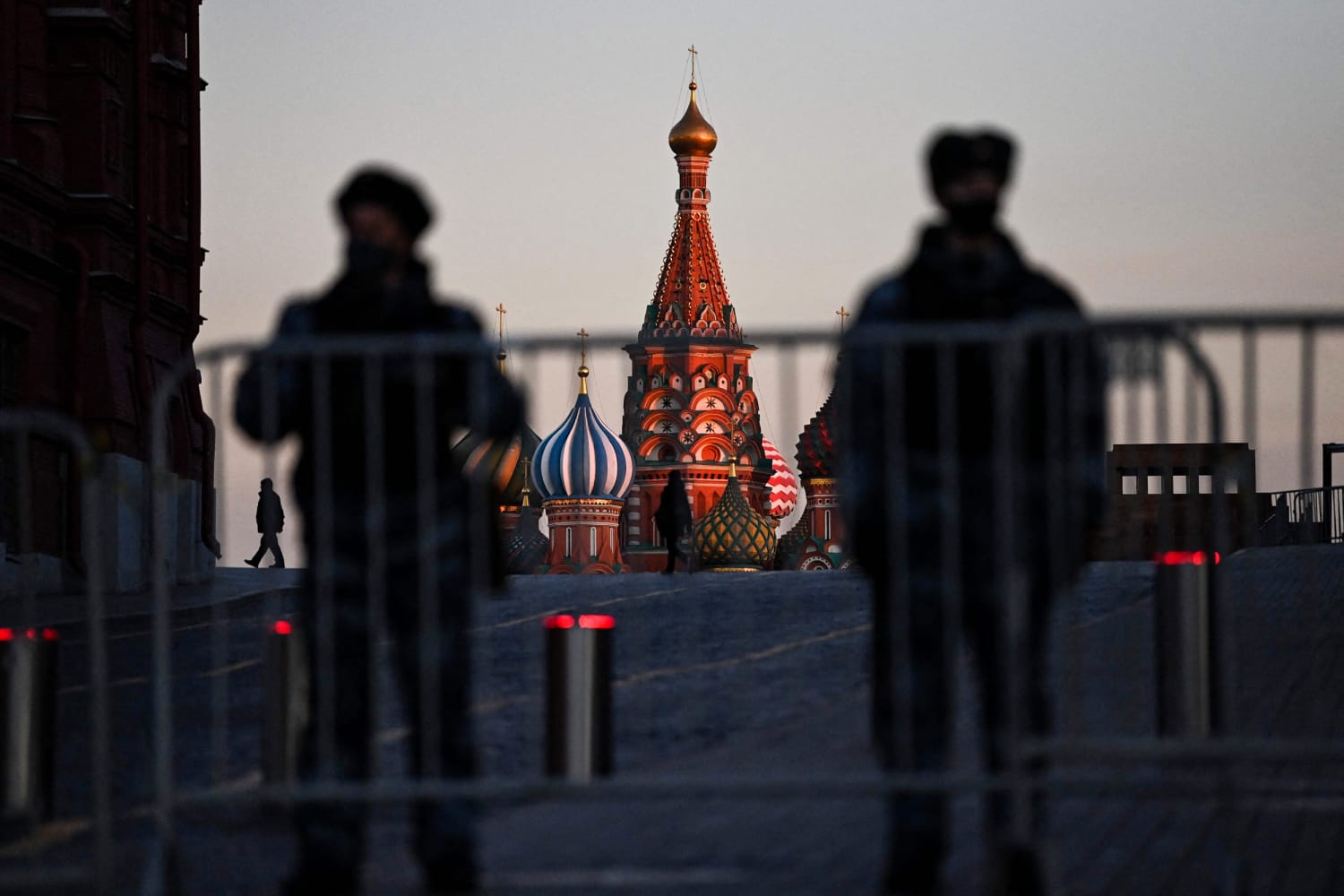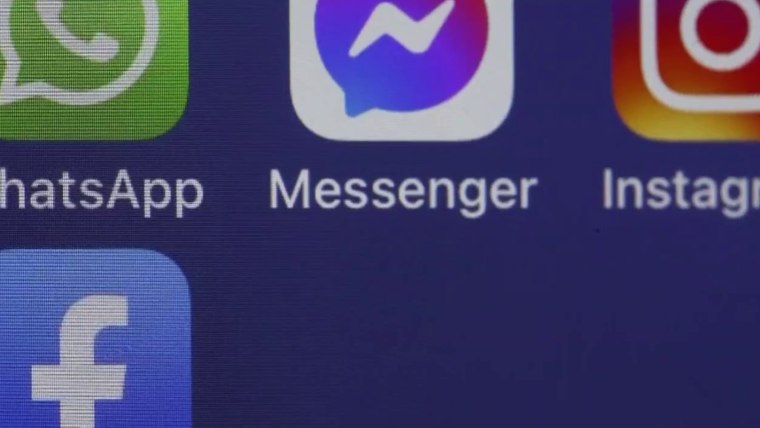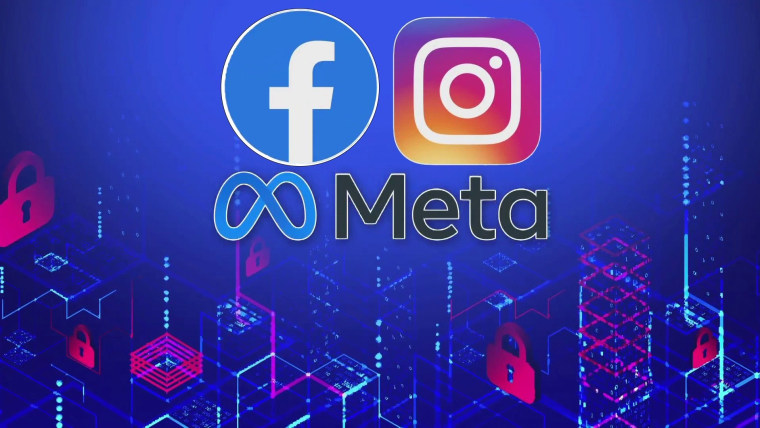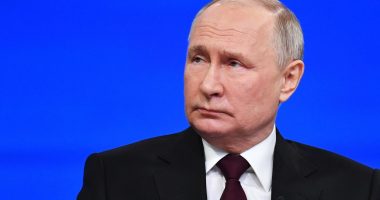TikTok has suspended new content and live streaming abilities on its platform in Russia due to the country’s new ‘fake news’ law, the app announced on Sunday.
In a statement posted to TikTok’s newsroom, the app said safety of the app’s employees and users is its highest priority.
TikTok said that “in light of Russia’s new ‘fake news’ law, we have no choice but to suspend livestreaming and new content to our video service in Russia while we review the safety implications of this law.”
“Our in-app messaging service will not be affected,” the statement reads. “We will continue to evaluate the evolving circumstances in Russia to determine when we might fully resume our services with safety as our top priority.”
TikTok also said that it wants to be an outlet for “creativity and entertainment that can provide a source of relief and human connection during a time of war when people are facing immense tragedy and isolation.”
The platform is not the first media outlet to suspend its services in Russia amid the country’s invasion into Ukraine.
After the Russian parliament passed the “fake news” law, which makes it an offense to disseminate what it described as “fake” information about the country’s armed forces, the BBC announced it would suspend reporting work in Russia.
Russia also blocked Facebook, according to the nation’s media regulator, Roskomnadzor.
Roskomnadzor said it cut off acces to Facebook in response to the platform’s decision this week to block Russian media outlets such as RT and Sputnik for people within the European Union.
“On March 4, 2022, it was decided to block access to the Facebook network (owned by Meta Platforms, Inc.) in the Russian Federation,” the regulator said.
It cited “26 cases of discrimination against Russian media and information resources,” actions it said are prohibited by Russian laws on the dissemination of information.
It was not immediately clear if other entities owned by Facebook’s parent company Meta, like WhatsApp and Instagram, would also be suspended.
Nick Clegg, Meta’s president for global affairs, criticized the decision and said the company would fight back.
“Soon millions of ordinary Russians will find themselves cut off from reliable information, deprived of their everyday ways of connecting with family and friends and silenced from speaking out,” Clegg said in a statement.
“We will continue to do everything we can to restore our services so they remain available to people to safely and securely express themselves and organize for action,” he said. He did not say how the company might restore services.
David Ingram contributed.
Source: | This article originally belongs to Nbcnews.com











